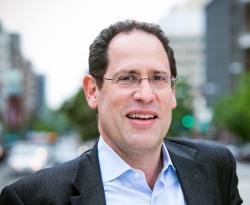Federal urban policy needs to reflect our changing economy and society.
The relationship between the federal government and American cities is intricate and complex. Major federal policies on tax, trade, transportation, and immigration have a substantial influence on the health and vitality of city economies and the shape of metropolitan growth and development. Other federal policies on education, job training, wages, financial services, health care, and housing help shape the life opportunities of urban residents, particularly those who earn low or moderate incomes. Each of these policies influences and is influenced by the nation’s changing demographic and economic reality, which in turn has significant implications for cities.
In theory, federal “urban policy” should encompass the cumulative impact of these broader federal decisions and interventions on cities and their residents. In practice, federal urban policy has been narrowly defined across the political and ideological spectrum as a handful of strategies that primarily aim to revitalize distressed urban neighborhoods. Such a narrow definition largely ignores the broader demographic and market forces and federal policies that grow economies, shape communities, and influence people’s lives.
This paper represents an effort to place federal urban policy in the broader context of federal policy, national transformation, city renewal, and family opportunity. It will make three central arguments:
The Brookings Institution is committed to quality, independence, and impact.
We are supported by a diverse array of funders. In line with our values and policies, each Brookings publication represents the sole views of its author(s).



